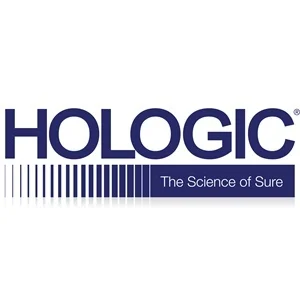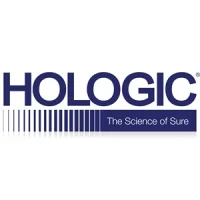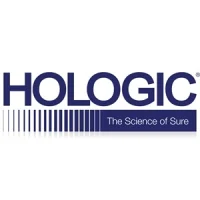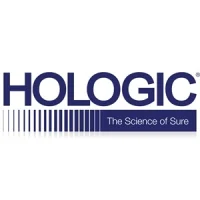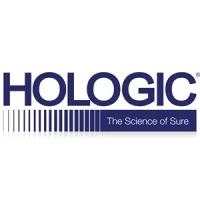New Diagnostic Test for the Detection of the Zika Virus Now Available for Use on Fully Automated Panther System
Hologic, Inc. has announced that the U.S. Food and Drug Administration (FDA) granted emergency use authorization for the company's new, diagnostic assay for Zika virus infection. The Aptima® Zika Virus assay is a molecular diagnostic tool for the qualitative detection of RNA from Zika virus in human serum and plasma specimens. The Aptima Zika Virus assay has not been FDA cleared or approved and is only authorized for use for the duration of the declaration that circumstances exist justifying the authorization of the emergency use of in vitro diagnostic tests for detection of Zika virus and/or diagnosis of Zika virus infection.
The Aptima Zika Virus assay runs on the Hologic Panther® system, a market-leading, integrated platform that fully automates all aspects of nucleic acid amplification testing. The Panther system substantially reduces hands-on time for laboratories, minimizing the labor required and the potential for manual errors. The Aptima Zika Virus assay will be available for use in all 50 states, Puerto Rico and U.S. territories, expanding the number of public and private labs that can test for the virus.
"We want to ensure that during this critical summer season and beyond, those at risk for the Zika virus have an opportunity to be tested with a highly sensitive assay," said Edward Evantash, M.D., medical director and vice president, Medical Affairs at Hologic. "Our new test will help to ensure accurate diagnoses and reduce subsequent spread of the infection."
The Aptima Zika Virus assay is designed to be used in individuals meeting Centers for Disease Control and Prevention (CDC) Zika virus clinical criteria (e.g., clinical signs and symptoms associated with Zika virus infection) and/or CDC Zika virus epidemiological criteria (e.g., history of residence in or travel to a geographic region with active Zika transmission at the time of travel, or other epidemiologic criteria for which Zika virus testing may be indicated), by laboratories in the United States that are certified under the Clinical Laboratory Improvement Amendments of 1988 (CLIA), 42 U.S.C. § 263a, to perform high complexity tests, or by similarly qualified non-U.S. laboratories.
"Our new Aptima Zika Virus assay is another reflection of our commitment to developing cutting-edge diagnostics that provide solutions for urgent unmet needs," said Tom West, division president, Diagnostic Solutions at Hologic. "Running the Aptima Zika Virus assay on the Panther system will offer quick results to epidemiologists and laboratories, which is likely to help both healthcare providers and their patients."
To learn more about the Aptima Zika Virus assay, please visit www.hologic.com/zika.
About Zika Virus
According to the World Health Organization, Zika virus is an emerging mosquito-borne virus that was first identified in rhesus monkeys in Uganda in 1947 and in humans in 1952. Outbreaks of Zika virus disease have been recorded in Africa, the Americas, Asia and the Pacific. Zika virus is transmitted to people primarily through the bite of an infected mosquito from the Aedes genus, mainly Aedes aegypti in tropical regions. This is the same mosquito that transmits dengue, chikungunya and yellow fever. Zika virus can also be transmitted through sexual contact and transmission by blood transfusion and perinatal transmission are currently being investigated. The U.S. Centers for Disease Control and Prevention is also investigating the link between Zika virus and Guillain-Barré syndrome, a serious and sometimes fatal muscle-wasting disease, and has stated that Guillain-Barré syndrome is "very likely triggered" by Zika in a small proportion of infections.1,2
Reference:
1Cao-Lormeau VM, et al. Guillain-Barré syndrome outbreak associated with Zika virus infection in French Polynesia: a case–control study. Lancethttp://dx.doi.org/10.1016/S0140-6736(16)00562-6.
2W. Rasmussen SA, et al. Zika Virus and Birth Defects – Reviewing the Evidence for Causality. CDC. Zika and Guillain-Barré Syndrome.http://www.cdc.gov/zika/about/gbs-qa.html. Updated April 14, 2016. Accessed June 1, 2016.
Source & Image Credit : Hologic





